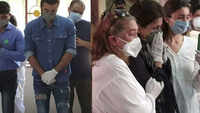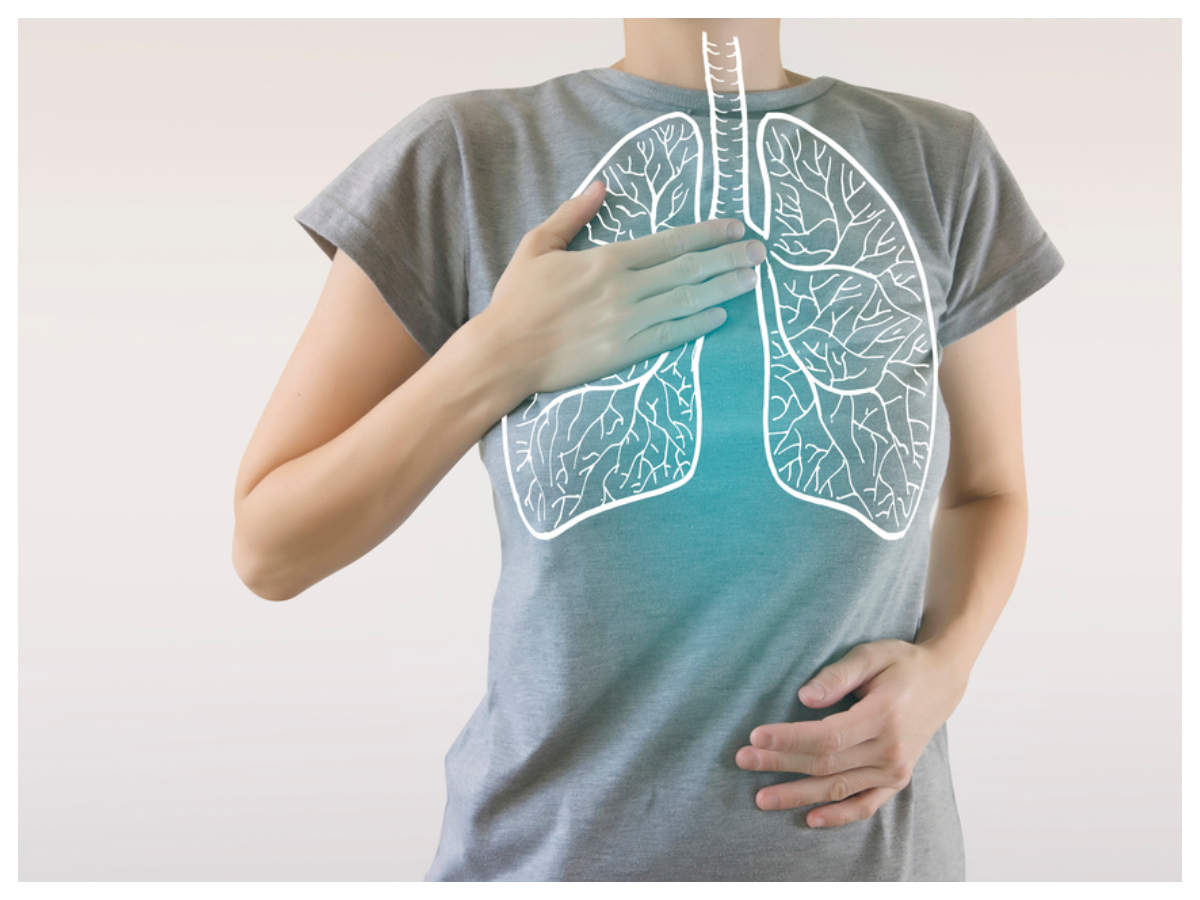
BENGALURU: At least 11 projects for studying mathematical modelling and computational aspects to tackle Covid-19 will now take off with funding for the same having been approved by the Science and Engineering Research Board (SERB) under the Department of Science and Technology (DST).
Most of these studies attempt to propose mathematical/simulation models to account for various factors relevant to Covid-19 by modifying the basic SIR (SusceptibleInfected-Recovered) models.
“Some of such factors are the heterogeneity of population, the role of asymptomatic population, migration and quarantine, the effect of social distancing and lockdown, socioeconomic factors and so on.
These studies will be primarily aimed to study Indian conditions and will provide an estimate of Basic Reproduction Number-- the qualitative indicator of the degree of contagiousness of the disease,” the DST said.
These will be helpful to forecast future pandemic by using the data available and provide fundamental insights into the kinetics and management of infectious diseases.
The eleven projects will happen at 10 institutions — IIT-Kanpur; VIT University, Chennai; IIT-Guwahati; Indian Institute of Science Infections Education and Research, Thiruvananthapuram; Symbiosis International University; Jadavpur University; Indian Indian Institute of Information Technology, Guwahati; IIT-Kharagpur; IIT-Roorkee and IIT-Bhilai — with two projects at IIT-Kanpur.
From modelling analysis and prediction for SARS-CoV2 infections to mathematical modelling of transmission dynamics, and from individual-level modelling of the spread of the pandemic to the optimization of lockdown, testing and isolating strategies to contain Covid-19, the institutes have proposed a variety of projects.
“The proposed studies also aim to identify the maximum likelihood infection tree when infection reports and contact network structure are known to substantially reduce the efforts of the administration by targeting a subset of manageable size,” the DST added.
They will address the spread of the pandemic and the impact of preventive issues through a parametric prediction process with an outcome consisting of a packaged solution in the form of usable software which may be made available for ready use by the Government of India and identify possible cure of Covid-19 through the study of DNA structures by creating patterns of DNA of different viruses.
“These studies of disease transmission dynamic models supported under the MATRICS Special call on Covid-19 will help to estimate parameter sets and provide control mechanisms of the spread of the disease and also help the frontline health professionals and policymakers to define effective measures,” DST said.
Most of these studies attempt to propose mathematical/simulation models to account for various factors relevant to Covid-19 by modifying the basic SIR (SusceptibleInfected-Recovered) models.
“Some of such factors are the heterogeneity of population, the role of asymptomatic population, migration and quarantine, the effect of social distancing and lockdown, socioeconomic factors and so on.
These studies will be primarily aimed to study Indian conditions and will provide an estimate of Basic Reproduction Number-- the qualitative indicator of the degree of contagiousness of the disease,” the DST said.
These will be helpful to forecast future pandemic by using the data available and provide fundamental insights into the kinetics and management of infectious diseases.
The eleven projects will happen at 10 institutions — IIT-Kanpur; VIT University, Chennai; IIT-Guwahati; Indian Institute of Science Infections Education and Research, Thiruvananthapuram; Symbiosis International University; Jadavpur University; Indian Indian Institute of Information Technology, Guwahati; IIT-Kharagpur; IIT-Roorkee and IIT-Bhilai — with two projects at IIT-Kanpur.
From modelling analysis and prediction for SARS-CoV2 infections to mathematical modelling of transmission dynamics, and from individual-level modelling of the spread of the pandemic to the optimization of lockdown, testing and isolating strategies to contain Covid-19, the institutes have proposed a variety of projects.
“The proposed studies also aim to identify the maximum likelihood infection tree when infection reports and contact network structure are known to substantially reduce the efforts of the administration by targeting a subset of manageable size,” the DST added.
They will address the spread of the pandemic and the impact of preventive issues through a parametric prediction process with an outcome consisting of a packaged solution in the form of usable software which may be made available for ready use by the Government of India and identify possible cure of Covid-19 through the study of DNA structures by creating patterns of DNA of different viruses.
“These studies of disease transmission dynamic models supported under the MATRICS Special call on Covid-19 will help to estimate parameter sets and provide control mechanisms of the spread of the disease and also help the frontline health professionals and policymakers to define effective measures,” DST said.
Download
The Times of India News App for Latest India News
Subscribe
Start Your Daily Mornings with Times of India Newspaper! Order Now

Coronavirus outbreak
Trending Topics
LATEST VIDEOS
More from TOI
Navbharat Times
Featured Today in Travel
Quick Links
Coronavirus in MumbaiCoronavirus in KolkataCoronavirus in HyderabadCoronavirus in DelhiCoronavirus in BangaloreCoronavirus symptomsCoronavirus in IndiaWhat is CoronavirusCoronavirus NewsSolar EclipseNPRWhat is NRCCAB BillCAB and NRCRTI BillPodcast newsLok SabhaShiv SenaYSRCPCongressBJP newsUIDAIIndian ArmyISRO newsSupreme Court
Get the app









